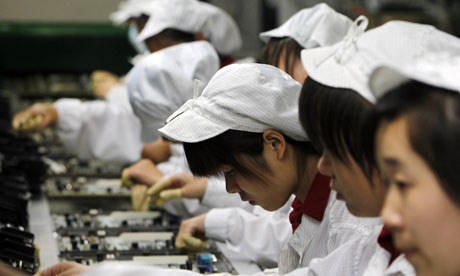Starbucks is one of the biggest buyers of Fairtrade coffee. They do only business with farms who respect labour and environmental standards, for example minimum wages, water usages,...
Starbucks has send some of his employees to his farms. Like that, they could see what difference Starbucks makes for these farmers. They help to increase output and decrease costs.
I think Starbucks is a good example to show that ethics and doing business go together.
They also try to do something for the environment. As you see on their website, they have a lot of engagements. For example energy: they want to reduce energy use by 25% and get 50% of their energy from renewable sources. Water is an essential ingredient in coffee. In 2009 Starbucks reduced their water use by 4,1% and their still working on it.
This shows that you can be ethical and be profitable at the same time.
Karen Van Crombrugghe















